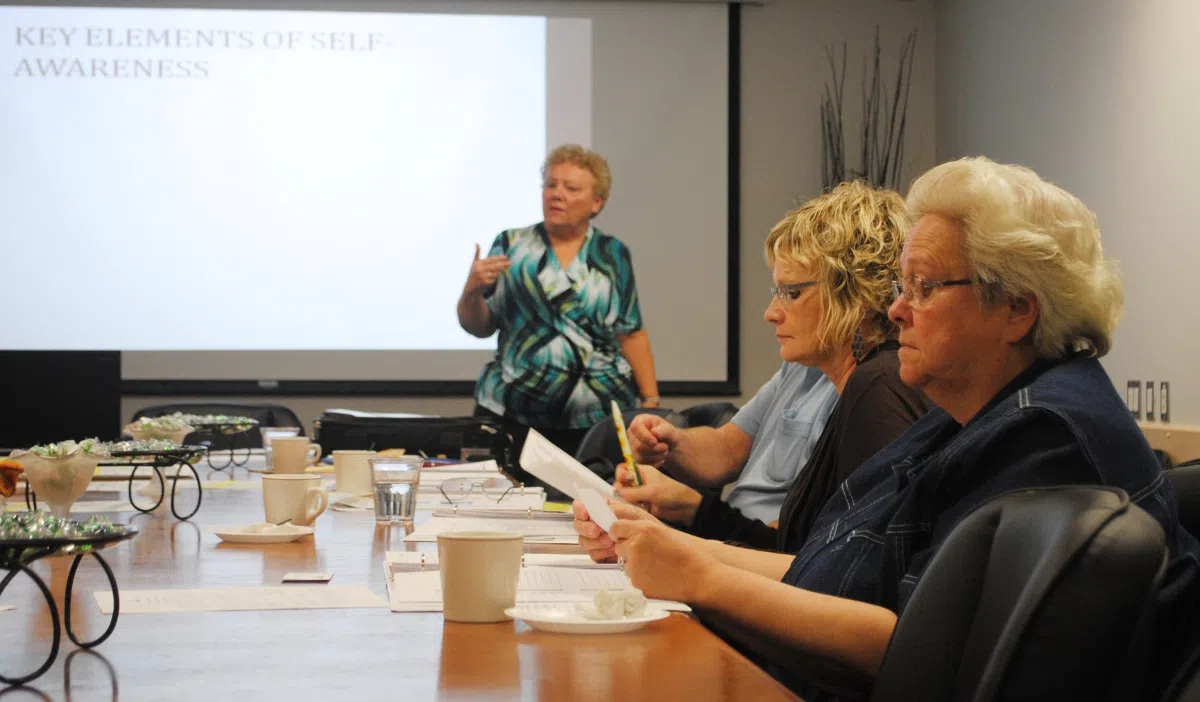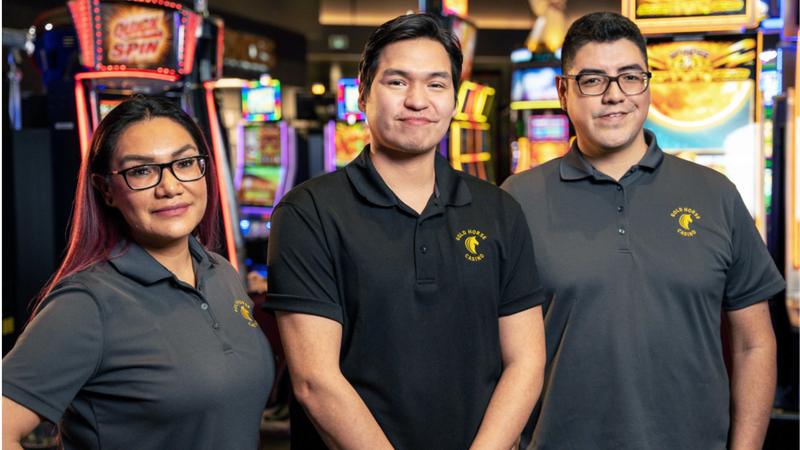
Navigating life beyond a cancer diagnosis
When people are diagnosed with cancer they get a double whammy.
They have to deal with the emotions that come along with it, plus decide what kind of treatment to undergo.
A new program in the Prince Albert Parkland Health Region is gearing up to help people through that tough time.
Essentially, people who have recently been diagnosed will be paired up with someone who has either been through the same situation personally, or been close to someone who has.


